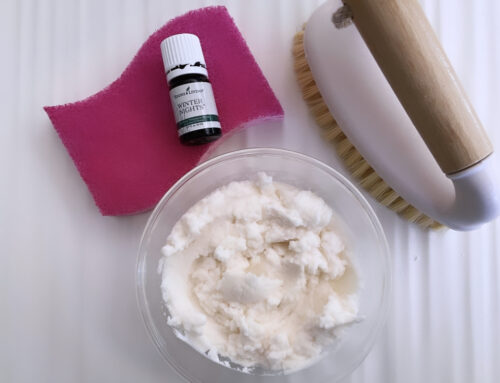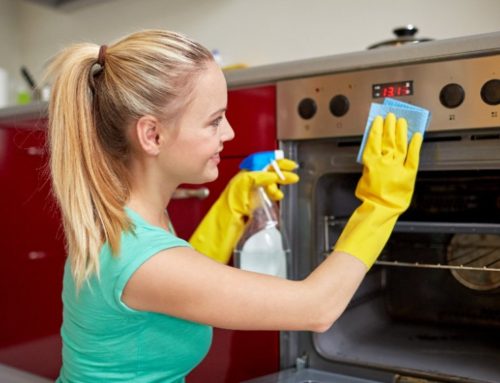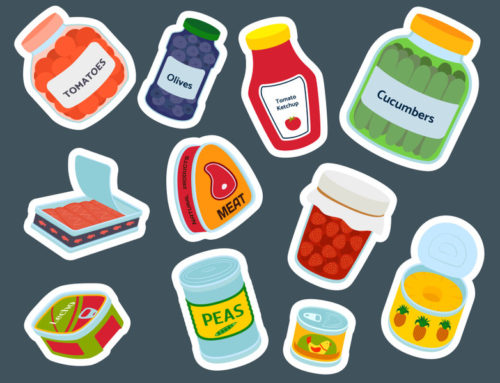Have you ever imaged gazing through a crystal ball to see what the future has in store? Have you ever longed for assurance that all will be well?
What the future holds is truly unpredictable so naturally, we protect ourselves. We routinely purchase auto insurance, health insurance, homeowners insurance, and do our best to save money, all without a second thought. But what about food and water, our basic necessities? Shouldn’t they be the on the very top of our insurance list?
Imagine how scary it would be not to be able to provide food and water for your family or how uncomfortable it would be to not easily access your favorite comfort foods. I had a small taste of this feeling yesterday when I could not find 5 gallon water jugs for my water cooler. (My family can’t drink our tap water because the Grumman Corporation and The Navy dumped toxic chemicals that have traveled through the aquifer on my part of Long Island.) My panicked feeling set in after visiting three supermarkets completely devoid of all water jugs. I have a supply of individual bottled water but seeing three major supermarkets with completely empty large water supply shelves gave me quite an uneasy feeling. The possibility of running out of safe drinking water felt too real at the moment. Eventually, I did find the water at a fourth supermarket but not before experiencing a twinge of OMG, this could be real one day.
Then there is a story about my precious oldest son James, who loves to bake pumpkin muffins. Recently, when I found the supermarket shelves of canned pumpkin completely empty, I knew I had a backup supply at home but still the thought lingered, what if I had to tells James, my highly functioning son with autism that we could not bake pumpkin muffins.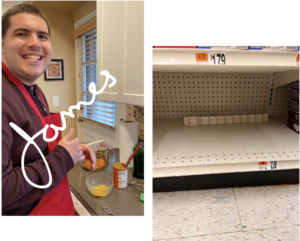
Do you store food? How much? Enough to last one or two days? Do you run to the supermarket regularly or do you plan in advance for one or two weeks? Have you ever stored one, two or more months worth of food? Have you ever put away long shelf life food just in case? Have you considered the possibility of “just in case” becoming reality?
There are many reasons to stock a preparedness pantry. There might be a power outage or rolling blackouts, a storm, hurricane, flood or other natural disaster. Loss of income, an illness, a lockdown, a family emergency that takes all your time are all situations when you would greatly appreciate being able to shop from your own home pantry. Helping loved ones by having enough food for them also comes to mind . What about scarcity? supply chain and trucking issues? factories burning down and not available for production? animal disease? weather related farming issues?, conflict abroad affecting our food supply?, gas and diesel prices? A myriad of other things we can’t imagine can also happen. Up until 2+ years ago, did we not assume toilet paper would always be readily available? We get comfortable, complacent, avoid thinking about the scary what-ifs and may end up not prepared.
How patient are you? Are you able to wait in long lines all the time worrying that whatever you need may run out before you turn? Have you experienced wanting something even more because you are told it is not available or there is not enough and then all you think about is that item?
We can do a lot to alleviate our fears by creating a preparedness pantry which will be in addition to the food we purchase for the short term. A preparedness pantry will provide comfort, security and much needed lifestyle insurance. Then just like other forms of insurance, do not dwell on it, just know it is there if ever needed. Unlike other insurance, your investment is not wasted because you are using and rotating the extra food you purchased.
You may have limited space or financial concerns but you can do something. Even if you pick up 1-2 extra items per week and install a high shelf inside one of your closets, you will have something more than nothing. It will pay dividends in peace of mind. Get creative with furniture storage units and shelving. Clean out and purge closets and find a corner or a nook. 
When you store food, add a large label to quickly see the best buy date, rotate your food as you bring more in, avoid dampness, heat and light. Package everything to be rodent and bug proof and purchase food you like and will eat. Do not store beans and rice if you don’t like beans and rice. Buy what you family enjoys, include snacks and go forward in confidence.
Make creating your preparation pantry a fun project and a hobby that you can be proud of. It will bring a sense of satisfaction, lifestyle insurance and a slice of comfort to you and your family.
Did You Know:
Buying food and supplies now is a hedge against inflationary prices of the future.
It is important to store a wide variety of food, specifically some that can be eaten with little or no heating or with very little preparation or need for water.
The date stamped on food is a best buy date, not an expiration date unless specifically noted. Food can be eaten after the best by date. However, it may lose quality and nutritional value over time. In the absence of bacteria, mold, off odor and change in color and texture, you should be fine. If there is any question, do not taste the food. Throw it out. Let common sense prevail and remember to rotate the food you have stored.
You can freeze foods that you would have not normally have thought of such as cheeses, eggs, milk, yeast, flour and grains.
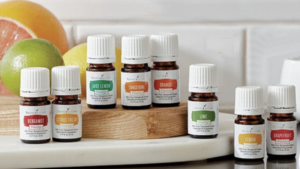
Young Living Essential Oils are food grade. The vitality line is labeled for ingestion. You may want to have these essential oils in stock for cooking and baking. They are especially handy when the fresh versions are not available: lemon, orange, grapefruit, lime, citrus fresh, peppermint, spearmint, cinnamon bark, clove, thyme, rosemary, oregano, basil, parsley and cilantro. Here is a video about cooking with essential oils: https://youtu.be/PwVjaWaK5Ws
Order Young Living Essential Oils Here: https://www.youngliving.com/us/en/referral/2330446
Use #2330446 as your referral number.


